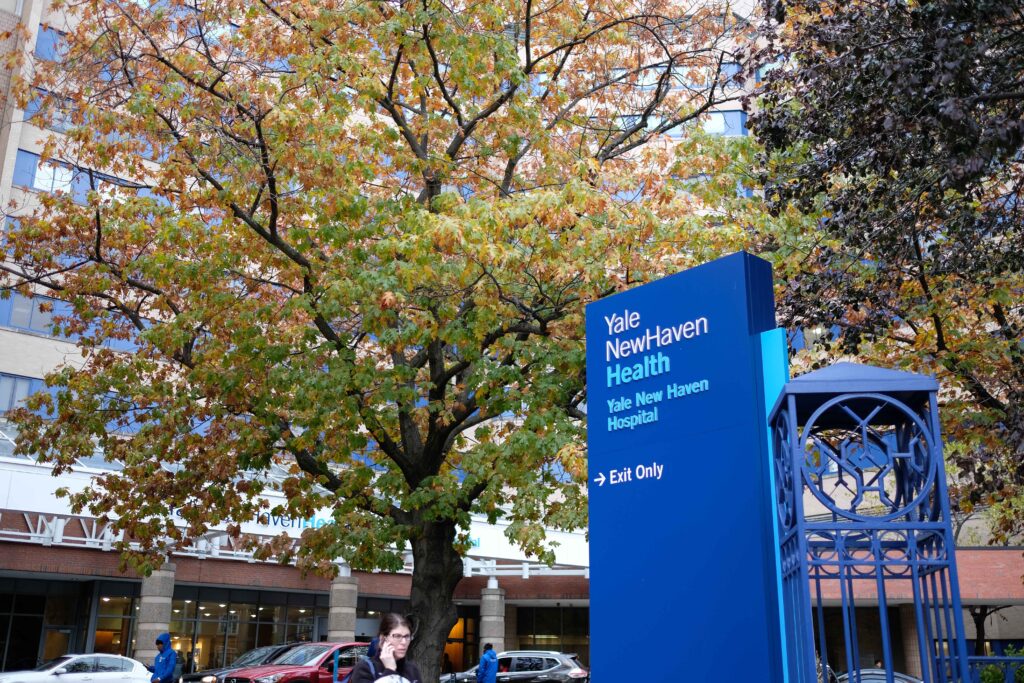URGENT WARNING: NHS Advises Caution with Paracetamol Use
The NHS has issued a critical warning regarding the use of paracetamol, urging patients to exercise caution when combining it with other medications. This advisory comes as millions across the UK rely on this popular painkiller for everyday ailments such as headaches, back pain, and cold symptoms.
In a recently published guideline, the NHS emphasized that while paracetamol is widely used, it can interact dangerously with certain drugs, notably warfarin, a common blood thinner. Individuals taking warfarin must consult their GP before using paracetamol, as the combination can increase the risk of serious bleeding.
“Paracetamol can increase the risk of bleeding if you take it [warfarin] regularly,” the NHS warns, though low-dose paracetamol is considered safe for occasional use. Patients are advised to limit intake to a maximum of four 500mg tablets within a 24-hour period to avoid complications.
The NHS also cautions against mixing paracetamol with other medications containing the same ingredient, such as co-codamol or various cold and flu remedies, due to the heightened risk of overdose. In contrast, medications like ibuprofen, aspirin, and codeine do not pose the same risks and can be safely taken alongside paracetamol.
People undergoing treatment for conditions such as epilepsy or tuberculosis (TB) should also consult healthcare professionals before using paracetamol, as these combinations can lead to significant health issues.
The NHS reassures patients that paracetamol generally does not interact negatively with herbal supplements; however, it stresses that these products are not tested as rigorously as standard medications.
“Tell your doctor or pharmacist if you’re taking any other medicines, including herbal remedies, vitamins or supplements,”
the NHS advises.
While adverse reactions to paracetamol are rare when taken correctly, the NHS highlights the importance of being vigilant. Patients should be aware of signs of severe allergic reactions, such as swelling of the lips, mouth, or throat, difficulty breathing, and sudden confusion or dizziness. In such cases, the NHS urges individuals to call 999 immediately.
For anyone who may have questions or requires further guidance, the NHS encourages visiting their official website for comprehensive information on safe paracetamol use.
Stay informed and prioritize your health by adhering to these crucial guidelines.







